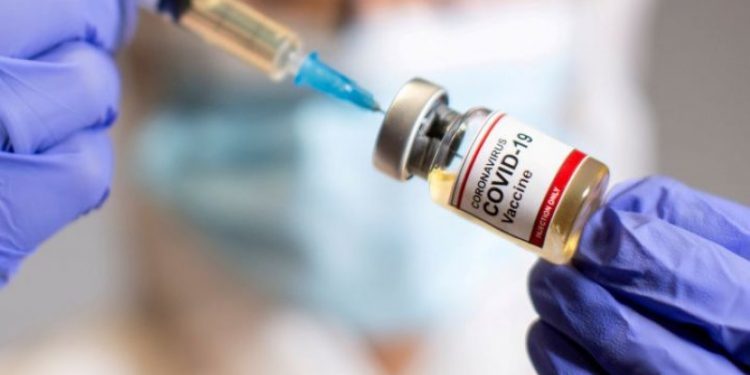Ghanaians’ concerns about the delay in procuring COVID-19 vaccine for the second phase of the inoculation campaign have been allayed by the Ghana Health Service (GHS).
Ghanaians who had already received their first doses were scheduled to receive their second doses eight weeks later to complete the vaccine process.
However, the halting of AstraZeneca vaccine exports from India has raised concerns that the second phase of the program could not be implemented in Ghana.
Kwame Amponsa-Achiano, the Ghana Health Service’s Coordinator for New Vaccines, has told Citi News that there is no need to be concerned.
“Some Ghanaians are waiting to see what happens. They will come in twelve weeks if you ask them to come in eight weeks [for their second dose], but the eight-week [deadline] was not set in stone.”
Read Also: Centre for Health Policy Research calls for probe into surge in COVID-19 cases at KIA
“Again, we have what we call a minimal interval in terms of vaccination. Minimum interval means that if you have to give two doses, the second and third doses should be given within a certain time frame. If you go below that level, the vaccine is unlikely to help you with the first dose. But it’ll be successful right after the 12 weeks are up.”
Vaccination extension
Dr. Patrick Kuma-Aboagye, the GHS Director-General, had previously proposed a change in the GHS’ original vaccine program, allowing those who had received the first dose to get their second dose in 12 weeks instead of eight weeks.
This, he said, is due to the first dose’s potency, adding that the first jab provides about 76 percent protection over about 90 days, which corresponds to the updated 12-week period.
“WHO has done a lot of research and found that if you do it before four weeks or two weeks, there is little benefit; but, between two, four, eight, and twelve weeks is the safest time to do it, and even if you lose any antibodies, it is always enough to protect you.
“A single dose provides approximately 76 percent protection for about 90 days, which corresponds to the 12 weeks. As a result, they have not completed the next step. “A lot of work is being done right now, and I’m sure when it’s over, we’ll be able to see how long the first dose actually protects you before you become vulnerable,” he said.
Meanwhile, 755,686 patients have had their first doses of the AstraZeneca COVID-19 vaccine, with the Greater Accra Region providing the largest number of people inoculated.
SOURCE: ATLFMONLINE

























